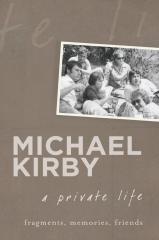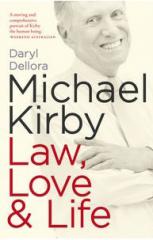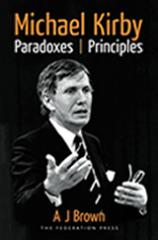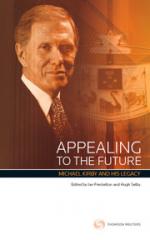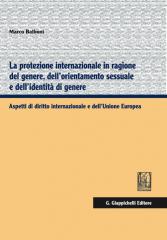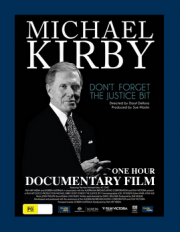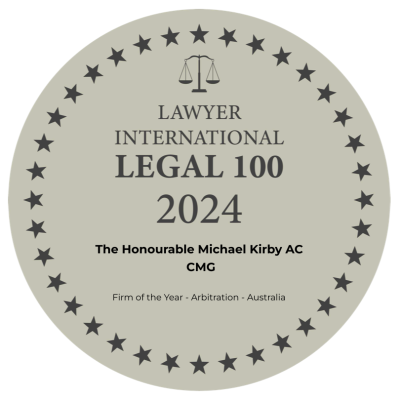Watch the video
https://player.vimeo.com/external/631765145.hd.mp4?s=aacfc59792f3b729219...
In this webinar, Michael Kirby (past Justice of the High Court of Australia) discusses the huge increase in the amount of Australian legislation on intelligence, security and antiterrorism.
He explains the way in which, originally, there was very little Australian legislation and indeed the Australian Security intelligence organisation (ASIO) was not created until April 1949, by executive action of the Chifley ALP government. Its first executive director was [Sir] Geoffrey Reed, a judge of the Supreme Court of South Australia. When in 1954 an inquiry was needed into the defection of Vladimir Petrov and his wife from the Soviet Embassy in Canberra, the Menzies Government selected 3 senior judges to conduct the inquiry: Justices Owen, Philp and Ligertwood, respectively of the Supreme Courts of NSW, Queensland and South Australia. When, later, the Whitlam Government established an inquiry into ASIO, they appointed Justice Robert Hope (NSW). His appointment was continued by the Fraser Government in 1976. Later he was recalled by the Hawke Government to undertake a 2nd Royal Commission. Other judges were engaged by the Hawke, Keating and Rudd Governments, namely Justice Samuels, Justice Sheller and Justice Clarke. However, with the appointment of the Howard Government, a new source was engaged for such enquiries, namely senior officials some of whom had extensive involvement with the National Intelligence Community. The clearest instance of this was the appointment in 2018 of Mr Dennis Richardson [AC] who had actually been a former director general of ASIO. Justice Hope in his reports emphasised the value and importance, in his view, of selecting an ‘’outsider’’ to undertake such enquiries so as to call the intelligence institutions effectively to accountability. This is also the opinion of the speaker. He explains his opinion in this address to lawyers working in the federal government sector and responds to questions in a Q&A session. The record of the address has been edited to the extent of the deletion, under contractual obligations, of the MC of the session, the television journalist Ellen Fanning. The address covers the huge increase in legislation on this topic in Australia and the need for outside scrutiny.




